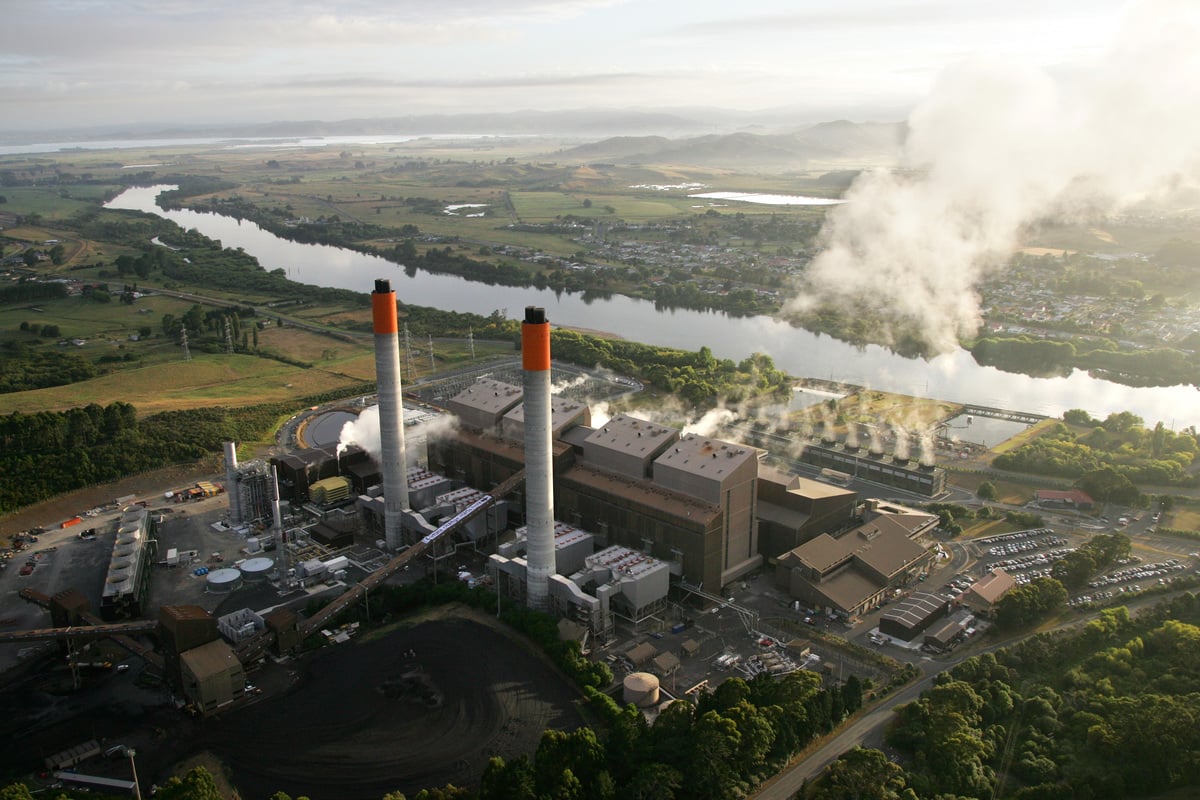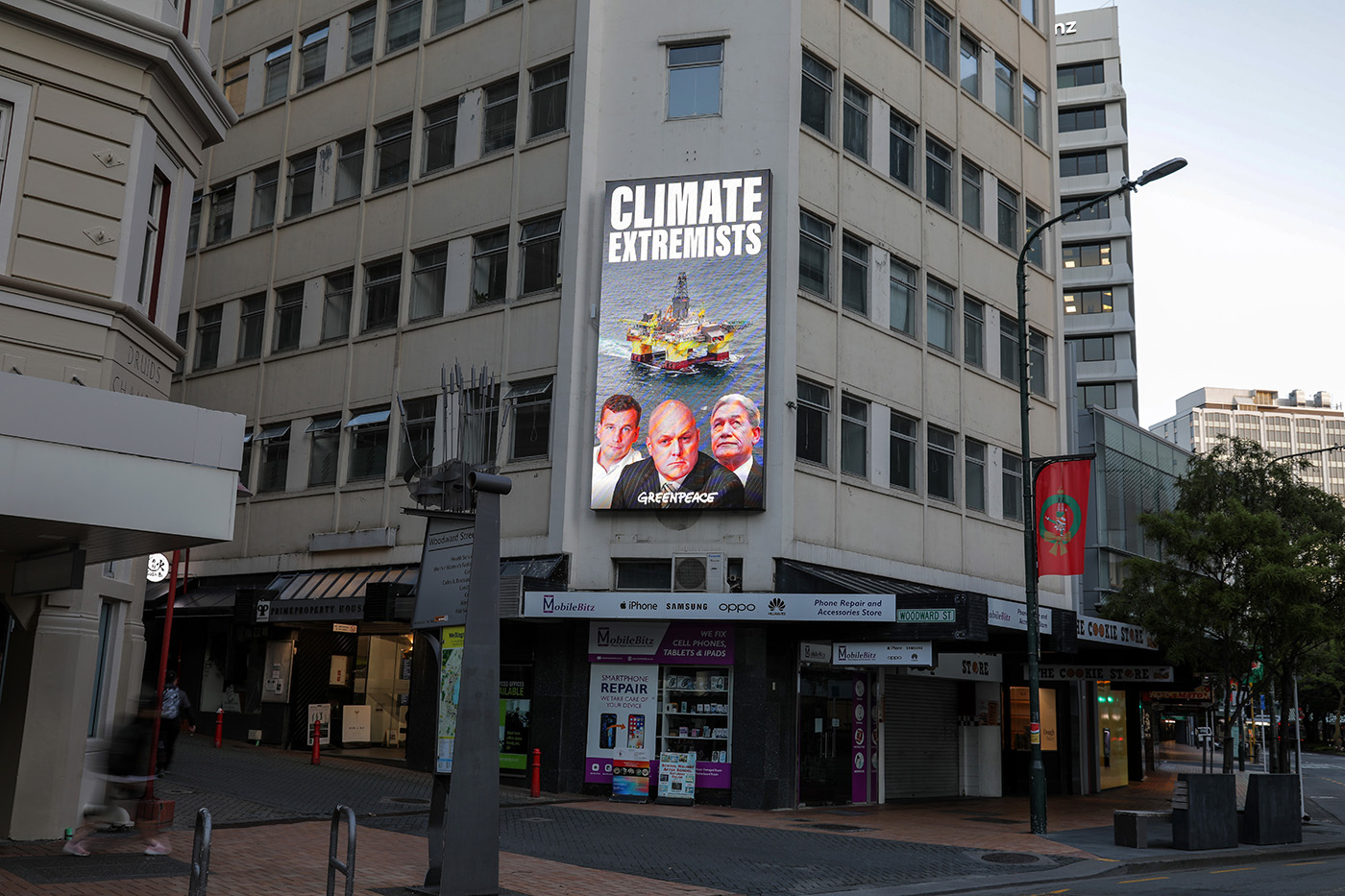A bright yellow colossus is floating idly off the coast of Taranaki. It’s 12 storeys tall and weighs 40,000 tonnes. And, for now, it’s just an eyesore.
Malaysian oil company, Tamarind Resources, has called it quits on an oil drilling programme two months ahead of schedule, leaving the COSL Prospector oil rig to float idle. The first of Tamarind’s three planned oil wells came up dry and bad weather caused delays so the company pulled the plug.
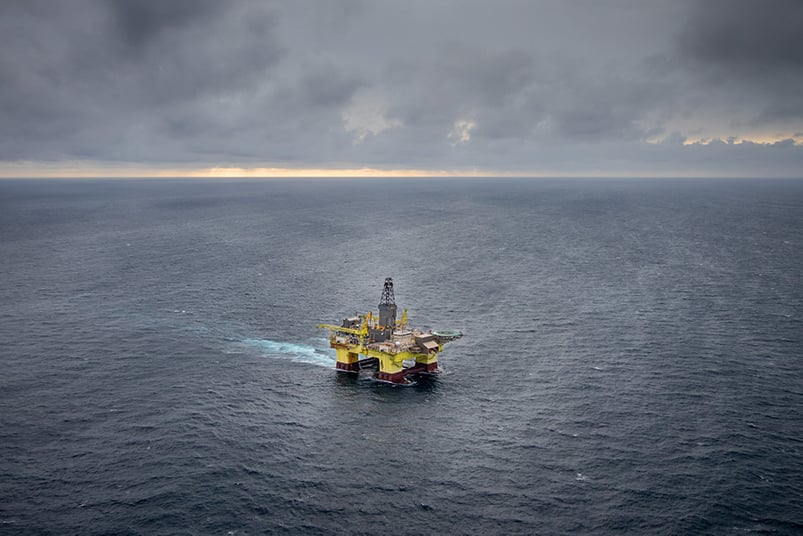
The abrupt end to what was meant to be a 135 day drill programme has left some commentators questioning where that leaves the rig’s workers. But, the bigger question is, what is the oil industry doing to ensure its workers have good jobs in a world that’s moving away from fossil fuels?
Burning dirty fuels like oil, gas and coal is causing a climate emergency. From the Arctic to the Bahamas, from the Amazon to the Coromandel, hurricanes, wildfires and floods are devastating people’s homes, livelihoods and the natural world right before our eyes.
Our young people are watching in horror as governments and corporations respond to this unfolding crisis with utter complacency, despite having already had three decades in which to fix it. Last week school students and adults around the world took to the streets in their millions for the global Climate Strike. This Friday, 27th September they will do it again.
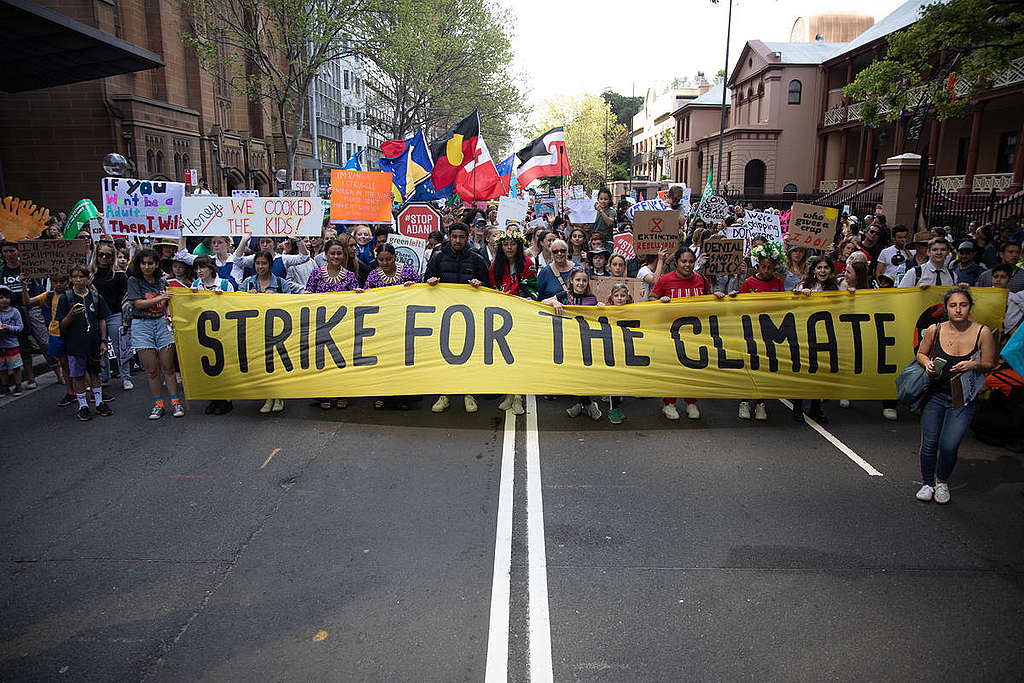
They’re doing the most natural thing in the world: defending their right to be safe and to thrive. Right now, climate change, and the polluting companies that are causing it, is putting theirs and all of our wellbeing at risk.
We know how to fix this. We already have the technology and the tools to power our homes, transport and businesses with clean energy from the sun, wind and water.
But oil company execs are stuffing their fingers in their ears and digging ever deeper for fuels we can’t afford to burn. One of those oil companies is Austrian oil company OMV. It’s one of just 100 companies that has caused more than 70% of the world’s carbon emissions since 1988. It’s also one of a handful of companies that’s capitalising on the early effects of climate change by controversially drilling for oil in the thawing Arctic.
OMV and the world’s oil companies have known about climate change for three decades. They could have used their significant resources and influence to invest in clean energy. They’ve had a whole generation’s worth of time to support their workers to transition to sustainable jobs. They haven’t. They have let us all down.
Now OMV is scheduled to pick up the colossal yellow oil rig later this year for new, high-risk oil and gas exploration in previously untouched waters off Taranaki and Otago.
You’re probably asking, what on Earth are they thinking?
Especially when that rig has been stymied by the very resource we could be capturing to power our society: wind.
What if, instead of drilling risky, deepwater wells for dirty oil, OMV chose to invest in an offshore wind farm for Taranaki?
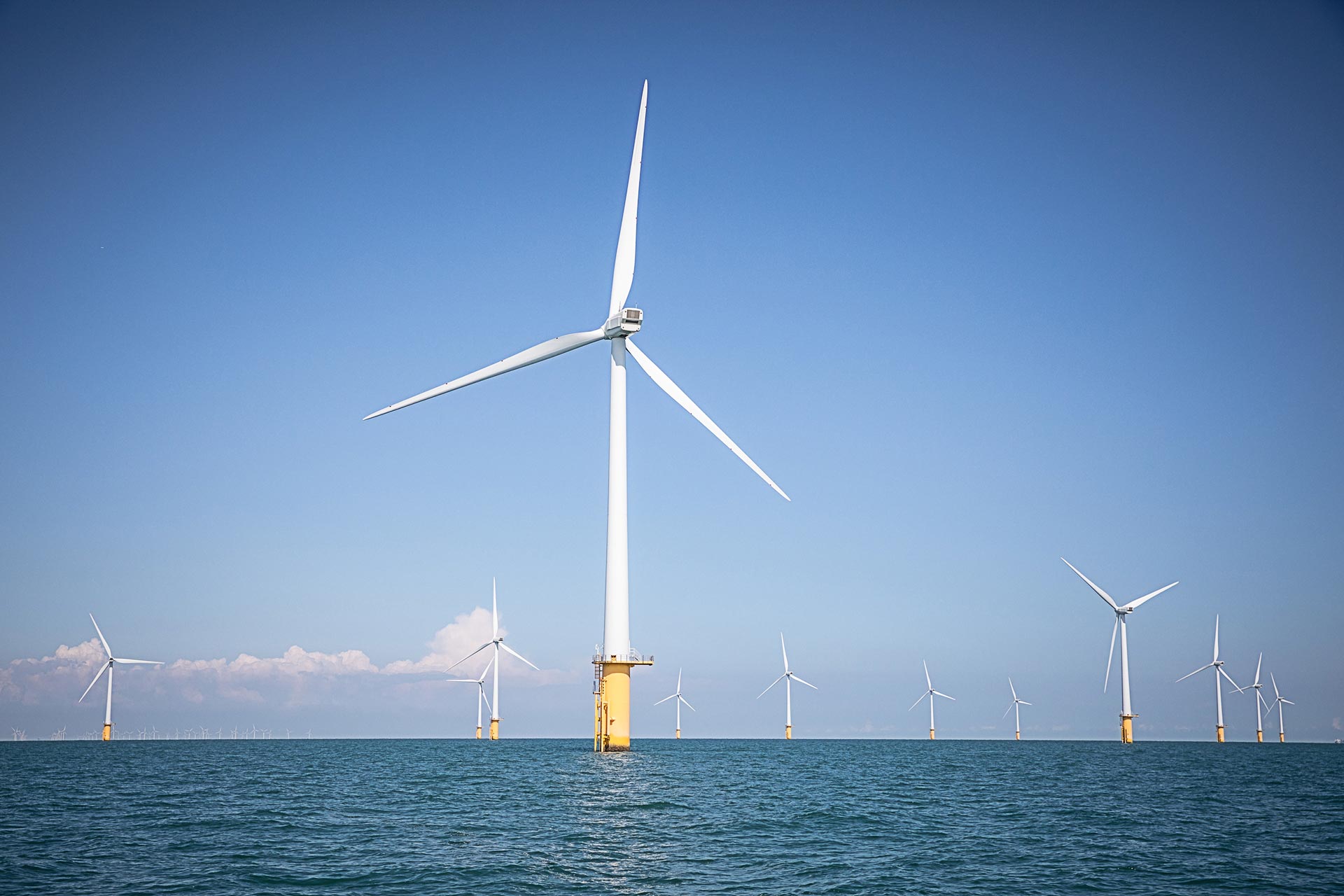
The Thanet Offshore Wind Farm is located off the coast of Thanet district in Kent, England.
Offshore wind requires similar skills to the offshore oil and gas industry, providing great jobs potential in a region already equipped with a skilled offshore workforce. This transition is beginning in the North Sea, where forward-thinking governments and businesses have seen the enormous potential of wind in a world that needs desperately to quit fossil fuels.
Canterbury University researchers have used wind data from existing oil and gas platforms to calculate the offshore wind potential in Taranaki. What they’ve found is very promising. There’s a big opportunity for Taranaki in offshore wind. What’s needed now is some decent investment to do a proper feasibility study.
Why not redirect the hundreds of millions OMV is planning to spend on searching for new fossil fuels that we can’t afford to burn?
Investing in offshore wind development in Taranaki would be a common sense way for OMV to support the region and its workers, instead of endangering all our futures with their relentless search for climate-wrecking oil.
No matter how inconvenient, you can’t negotiate with physics. Climate change is happening and it’s caused by burning fossil fuels. Denying that fact is only delaying the inevitable transition that Taranaki and its oil industry workers will face.
We’re the number-8-wire nation and we’ve never shied away from a challenge in the past. We have an opportunity now to redesign our energy system so that we stop polluting the air and ocean and instead regenerate this land for ourselves and our children.
It’s time to rise to the challenge or get out of the way. Because one thing is for sure. The tidal wave of young people marching for a future they can actually survive in will wipe out OMV’s oil rigs soon enough.
Amanda Larsson is a climate and energy campaigner for Greenpeace NZ


